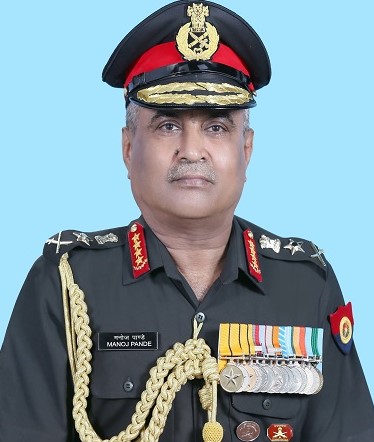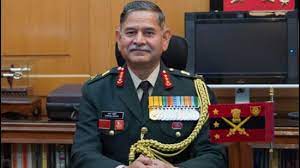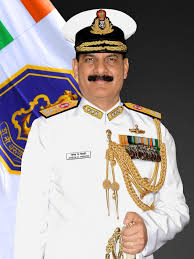Germany is actively considering the reintroduction of compulsory military service for all 18-year-olds in response to mounting geopolitical pressures, particularly from Russia.
Leaked military documents have revealed detailed discussions within the German defense ministry, with the proposals reportedly in the final stages.
Notably, this potential policy shift comes at a time when Russian President Vladimir Putin has escalated his militaristic rhetoric, emphasizing the full combat readiness of Russia’s nuclear forces.
During a recent visit to the United States, defense minister Boris Pistorius expressed his conviction that Germany must reinstate some form of military conscription, a practice that was abandoned in 2011.
Pistorius labeled the discontinuation of compulsory service a “mistake,” highlighting the current heightened threat landscape as a key factor necessitating a return to mandatory military enrollment for young Germans.
The proposed plans for the reintroduction of conscription in Germany vary in scope and inclusivity.
Noteworthy, the primary plan suggests mandating a year of military service for all men upon reaching the age of 18, aligning with past practices.
A more expansive second proposal aims to include women in the conscription process, which would require amending the German constitution.
Insiders believe that this move would likely garner public support given the current security concerns.
Alternatively, a third option proposes a selective process where only certain individuals would be conscripted.
In this scenario, all eligible young men would complete an online form, and selections for service would be made from this pool, allowing for a more targeted approach to building military capacity.
These discussions within Germany coincide with domestic policy decisions aimed at supporting the Ukrainian community in Germany.
Chancellor Olaf Scholz recently assured that Ukrainian employed and holding a residence permit in Germany can continue to stay, despite Ukraine’s efforts to conscript its nationals abroad to strengthen its defense against Russian aggression.
The potential reintroduction of conscription in Germany would signal a significant shift in NATO’s preparedness and Europe’s security strategy, reflecting broader anxieties about Russian intentions and the stability of regional peace.
Putin’s recent aggressive stance, demonstrated in a speech in Moscow’s Red Square, has raised the stakes, suggesting the possibility of broader conflict, as reported by the Daily Mail.




